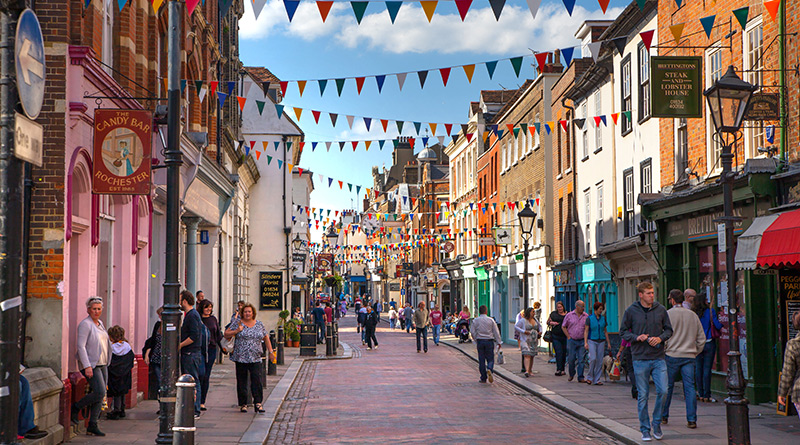£1.5 Billion Business Rates Tax Hike Comes Into Effect On Tuesday Affecting Nearly 500,000 Properties

Business rates bills in England, for the new 2025/26 financial year, which starts on 1st April, will rise overall by £1.5 billion up 5.7%. Whilst more than 252,000 retail, leisure and hospitality properties, including more than 3,000 business premises in Leeds, home to the Chancellor’s own constituency, will see their tax demands rise by 140% on average according to analysis by the global tax and software firm Ryan.
The slashing of business rates discounts for 252,414 high street properties will cost an extra £1.03 billion in tax for retail, leisure and hospitality firms on 1st April, with discounts being cut from £2.41 billion to £1.38 billion, and London hit the hardest Ryan added.
The average small shop will now see its business rates spiral from £3,589 to £8,613 whilst small pubs will see bills rise from £3,938 to £9451. Small restaurants will see their average bill rising from £5,051 to £12,122 the analysis from Ryan shows.
At the 2024 Autumn Budget, the Government announced that whilst it would continue with the retail, leisure and hospitality business rates discount scheme for the 2025/26 financial year, the discount for eligible properties would be slashed to 40%, down from 75% during both 2023/24 and 2024/25, up to a cash cap of £110,000 per business.
Whilst non-domestic property tax rates have been frozen for a sixth consecutive year at 49.9p for the smallest of properties, those with a rateable value less than £51,000, the standard rate of business rates tax for the rest will rise on 1st April from 54.6p to 55.5p increasing tax demands for 219,130 properties across all sectors of the economy Ryan added.
Further, from 1st April 2025 in England, it was the Government’s intent that private schools that are charities will no longer be eligible to receive 80% business rates charitable relief costing 1,139 private schools registered as charities an extra £70 million the Ryan analysis found. However, the legislation is currently in a state of ‘ping pong’ between the Houses of Commons and Lords. Once Royal Assent is received, the relief will then be removed.
Alex Probyn, Practice Leader of Property Tax (Europe and Asia-Pacific) at Ryan said the rises “will disproportionately affect small and independent businesses across sectors already struggling whilst medium to large sized businesses across all sectors of the economy tell us the standard rate of tax is now a disincentive to invest and is anti-growth.”
It is estimated that Councils across England will raise £27.8 billion in business rates income for the new 2025/26 financial year up 5.7% from the £26.3 billion during 2024/25 with more than two thirds of that increase coming from the cut in the discount for retail, leisure and hospitality firms according to Ryan.
